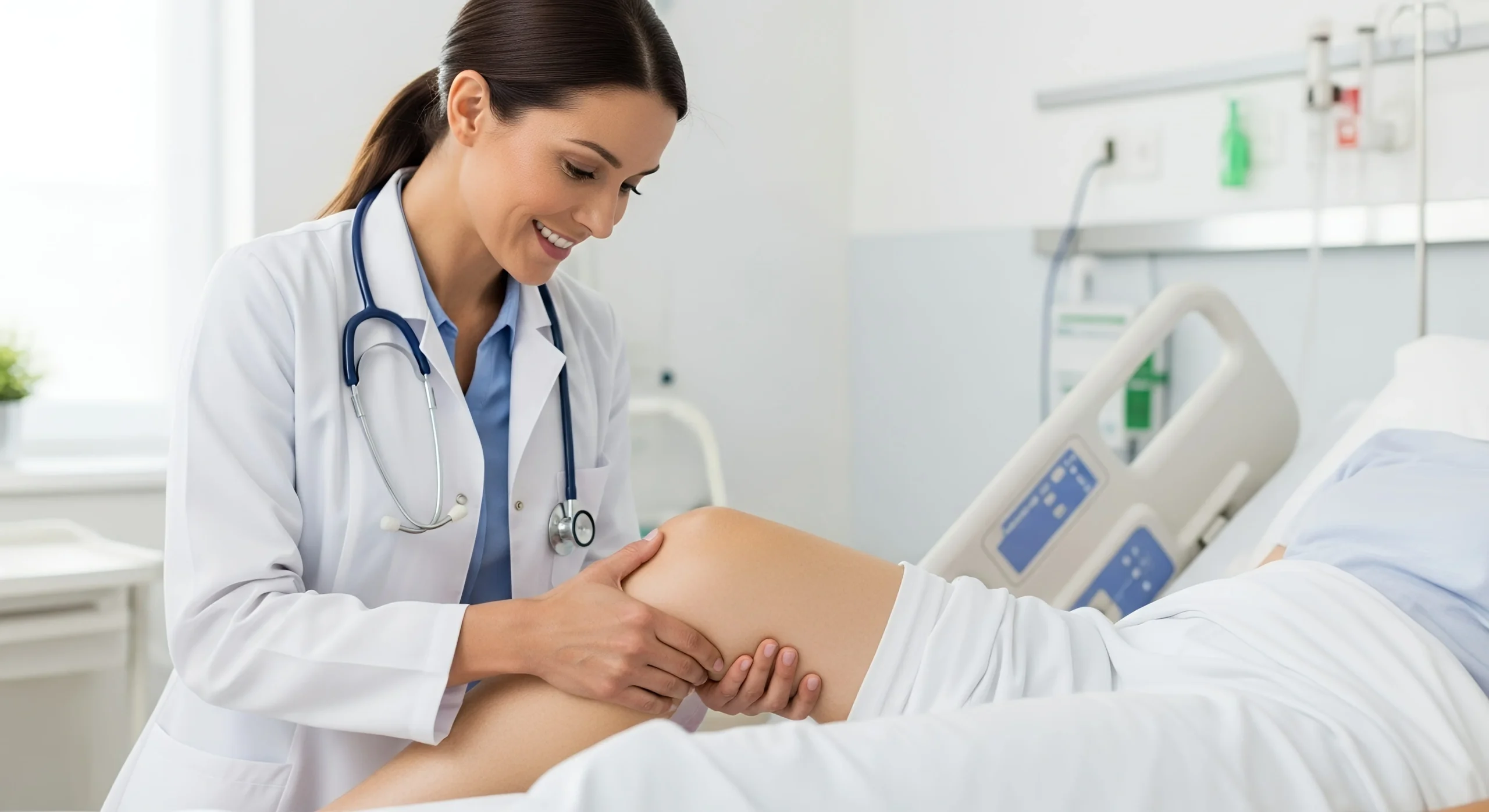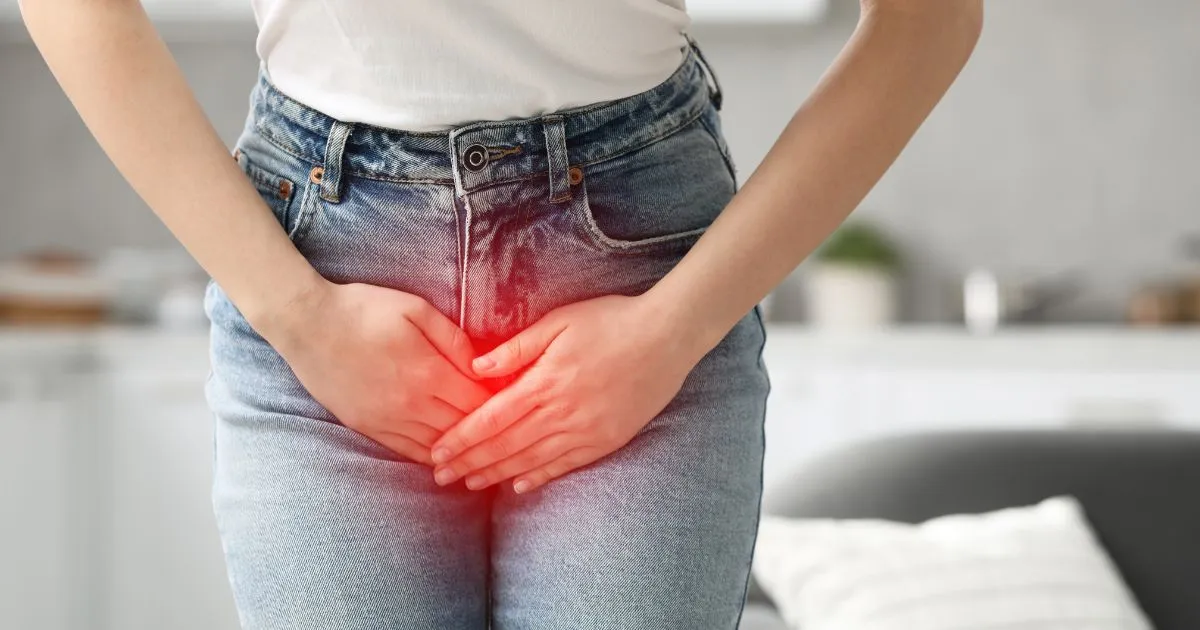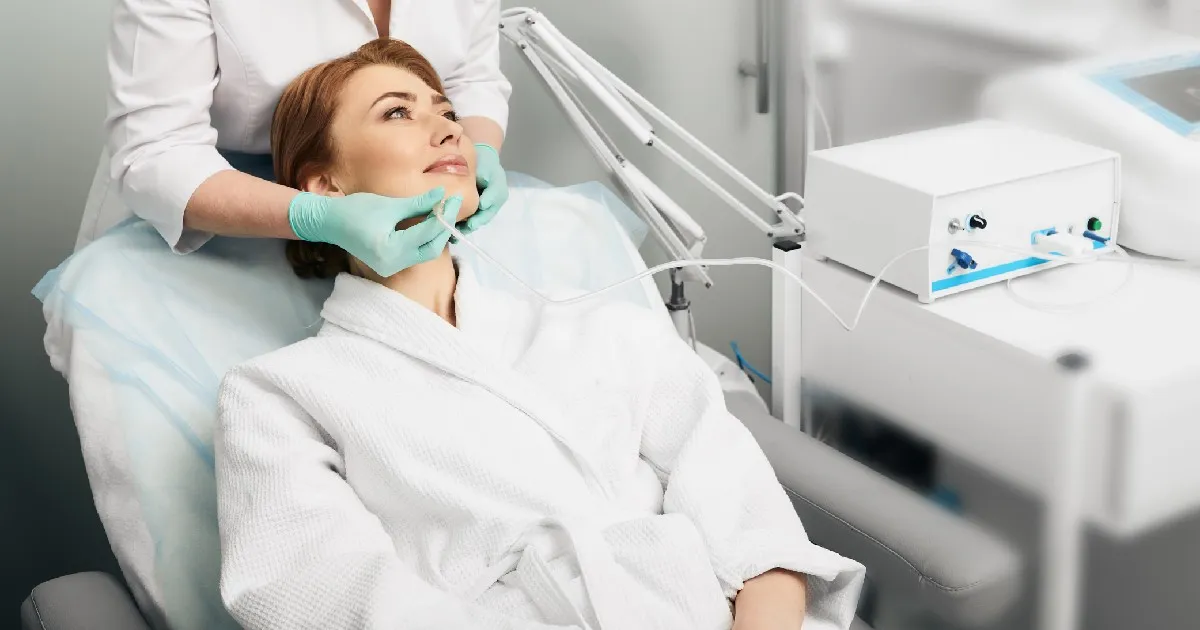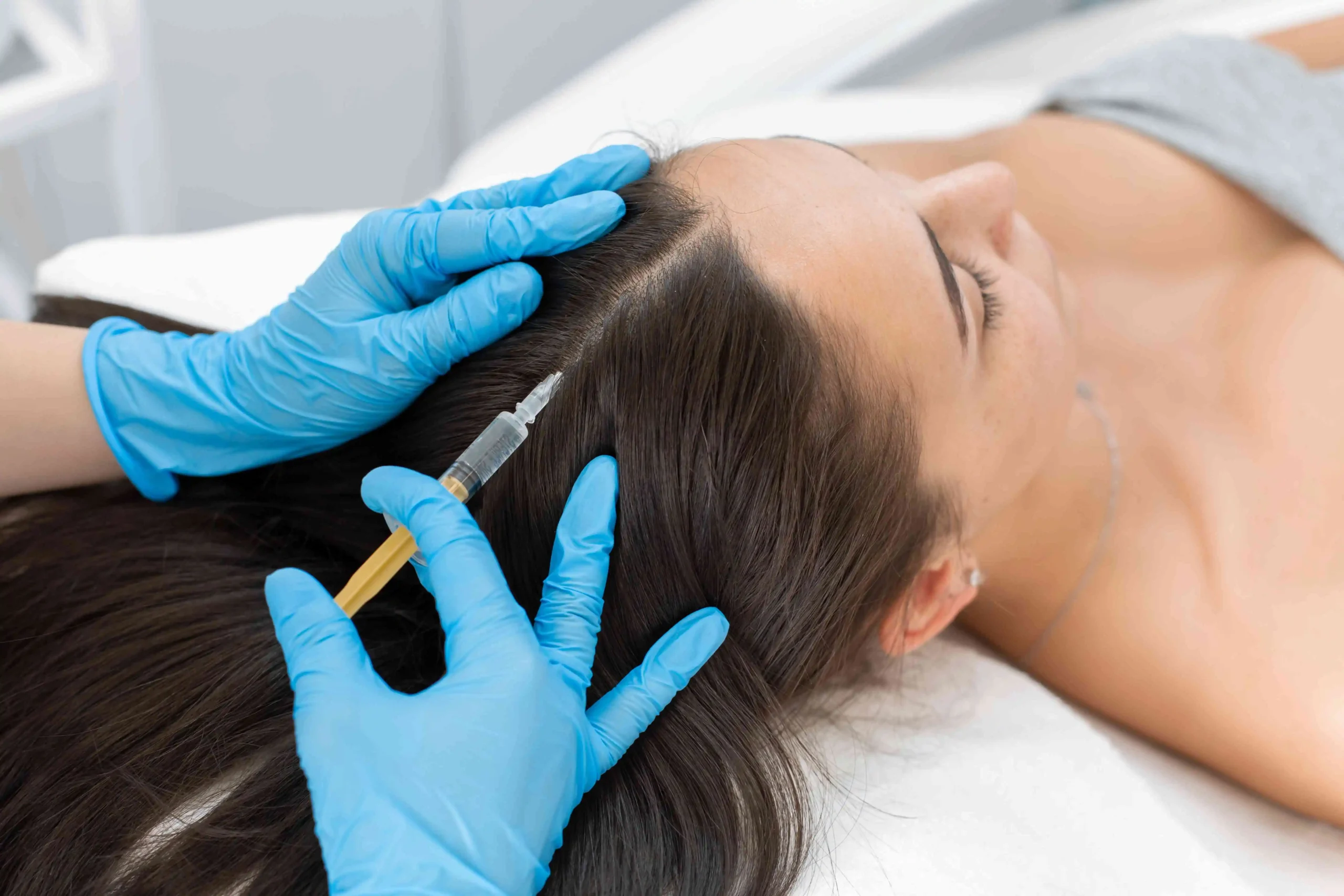By Hadley Pearce, MSC, MSiMR, CGE and Dr. Travis Whitney | May 23, 2024 | Sports Medicine, Stem Cell Therapy
At The Re/ Clinic in Sandy, Utah, we understand that the term “sports injury” can be misleading. While athletes are often the focus, anyone engaging in physical activity can experience these injuries. Sports-related injuries primarily affect the musculoskeletal system, which includes muscles, bones, cartilage, tendons, and ligaments. This system is essential for providing structure, support, and protection to your body.
Sports injuries can be categorized into two types: acute and chronic. Acute injuries occur suddenly due to falls, twists, or impacts, while chronic injuries develop gradually from repetitive stress. Common acute injuries include fractures, sprains, and dislocations, whereas chronic injuries may manifest as tendonitis, stress fractures, or shin splints.
Common Types of Sports Injuries:
– Bone Fractures: Cracks in the bone from stress or trauma.
– Strains: Twists, pulls, or tears of muscles or tendons, often from overuse.
– Sprains: Stretching or tearing of ligaments due to sudden movements.
– Tendinitis: Inflammation of a tendon, typically from repetitive motion.
– Ruptures or Tears: Complete detachment of ligaments or tendons, such as ACL tears or rotator cuff injuries.
Current Treatments
Treatment for sports injuries varies based on severity. Severe injuries may require interventions like casting, splinting, or even surgery. While these methods address immediate damage, they often leave lingering issues such as pain, reduced mobility, and a heightened risk of re-injury, especially as we age. Conventional treatments may not effectively address the stiffness of tendons and ligaments that comes with aging.
Fortunately, advancements in regenerative medicine, particularly stem cell therapy, are providing new hope for treating sports-related injuries. Stem cells have the remarkable ability to transform into various cell types, making them invaluable in healing damaged tissues. Among the different types of stem cells, mesenchymal stem cells (MSCs) are particularly beneficial due to their anti-inflammatory properties and capacity to repair damaged cells without triggering an immune response.
What are UC-MSCs?
Umbilical cord mesenchymal stem cells (UC-MSCs) are a powerful resource in regenerative medicine. These cells can differentiate into bone, cartilage, and fat, and they possess self-renewal capabilities, ensuring a stable population for therapeutic use. UC-MSCs are easily collected, present lower risks of infection, and are less likely to provoke immune reactions, making them an ethical and effective option for treatment.
How UC-MSCs Can Help with Sports Injuries
At The Re/ Clinic, we leverage the versatility of MSCs to enhance recovery from sports injuries. Research has shown promising results, such as a clinical study where participants with torn posterior cruciate ligaments (PCL) experienced significant improvements in knee strength and functionality after receiving MSC secretome injections. Additionally, UC-MSCs have demonstrated potential in repairing rotator cuff injuries, showing improved tendon structure and function in preclinical models.
Recent advancements in stem cell therapy are paving the way for innovative treatments in orthopedic and sports medicine. By utilizing the unique properties of each patient’s stem cells, we can create personalized approaches to accelerate healing and recovery.
The Takeaway
In our active and aging community in Sandy, Utah, it’s crucial to find effective ways to stay healthy and active, even after injuries. Stem cells, particularly MSCs, are emerging as a promising treatment option to support recovery from sports injuries. Their diverse capabilities and ease of use make them a powerful tool in regenerative medicine, helping you return to the sports and activities you love.
For more information on how stem cell therapy can help you recover from sports-related injuries, contact The Re/ Clinic today!






